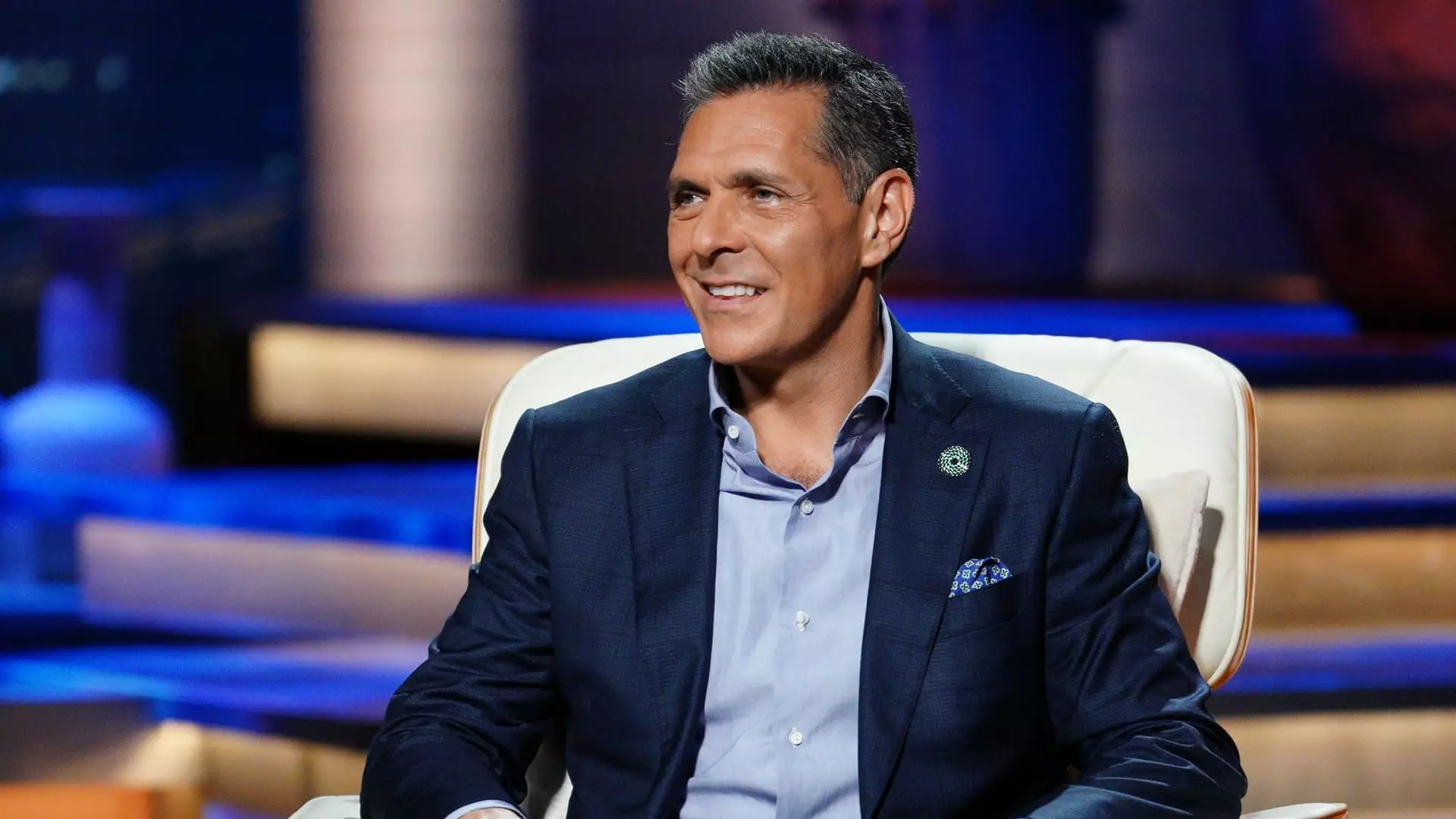In the world of high-net-worth individuals, few stories shine brighter than Daniel Lubetzky’s. He carved a multimillion-dollar empire out of snack bars known for their health-conscious ingredients—nuts, fruits, and whole grains. The sale of a significant stake in Kind Snacks to the global powerhouse, Mars, in 2020 marked a watershed moment, not just in his life but also in the broader conversation surrounding food industry moguls. However, what lies beneath this affluent facade is a tale that prompts an unsettling reflection on wealth, responsibility, and the evolving nature of investment.
Lubetzky’s foray into entrepreneurship began innocently enough, fueled by the desire to create food that was nourishing and delectable. But as with many success stories, the reality of wealth accumulation is often steeped in consequences that extend beyond the boardroom. The quintessential narrative of the benevolent billionaire quickly – and precariously – morphs under scrutiny into a commentary on the ethics of consumption and investment, especially as Lubetzky expands his family office, Camino Partners, into realms that hint at a more expansive agenda.
Branching Out: The New Wave of Family Offices
Camino Partners is not just another family office jumping onto the investment trend. It stands as a beacon for what’s possible when entrepreneurs look beyond their initial success. With investments aimed at longevity and health care providers, the firm appears to be responding to the zeitgeist of wellness that is permeating consumer consciousness. But here comes the catch—what is presented as a noble venture is also an extension of one man’s quest for further wealth and influence. The existential question arises: at what point does investment in “good” become a mere facade for the pursuit of profit?
Although investing in industries geared toward consumer health might initially appear altruistic, one cannot overlook the possibility that such moves might be driven by market trends rather than genuine concern. For instance, Lubetzky’s transition from funding emerging snack brands to established entities with revenue streams of at least $20 million raises eyebrows. It signals a shift from grassroots support toward a more traditional, profit-driven approach. Is this a natural evolution, or does it signify a loss of the foundational principles that fueled his initial entrepreneurial spirit?
The Metrics of Responsibility
Elle Lanning, president of Camino, posits that the way to enhance consumer health is through an “education wave” followed by an “availability wave.” While this articulates a clear strategy, it also exposes the weaknesses of such reasoning. The assumption here is that increasing availability will inherently lead to better health outcomes. This is naive at best and dangerously misleading at worst. If the goal is to genuinely advocate for consumer health, then why shift focus to merely proven businesses versus nurturing innovation and risk?
Moreover, Lanning’s assertion that early-stage investing equates with greater failure risks raises serious concerns about the responsibility of wealth holders. When wealth is concentrated in the hands of a few, does this not create an obligation to foster diverse, innovative businesses rather than opting for the safety of previously proven ones? To say that these “living organisms” require careful nurturing is to skirt around the moral responsibility investors hold in their growth.
When Wealth Meets Introspection
The narrative of billionaires—as saviors or innovators—is a compelling one, yet it demands a critical examination. As Daniel Lubetzky pursues avenues extending far beyond consumer goods, one cannot help but wonder if this journey is genuine or yet another instance of wealth dichotomies. Wealth, viewed through the prism of responsibility, paints a complex picture where opportunities to uplift are often overshadowed by the tempting allure of further empire-building.
This introspection on Lubetzky’s journey serves as a reminder that wealth should come encumbered with ethical scrutiny. While the expansion of family offices like Camino signifies an adaptation to modern investment needs, one must ask: does this adaptation foster genuine betterment, or does it merely spin a narrative that allows billionaires to play the role of the philanthropic hero while firmly ensconced in a world that thrives on consumption? The true impact remains to be seen, but unless there’s a radical shift in the ethics of investment and responsibility, the cycle may simply continue.


Leave a Reply